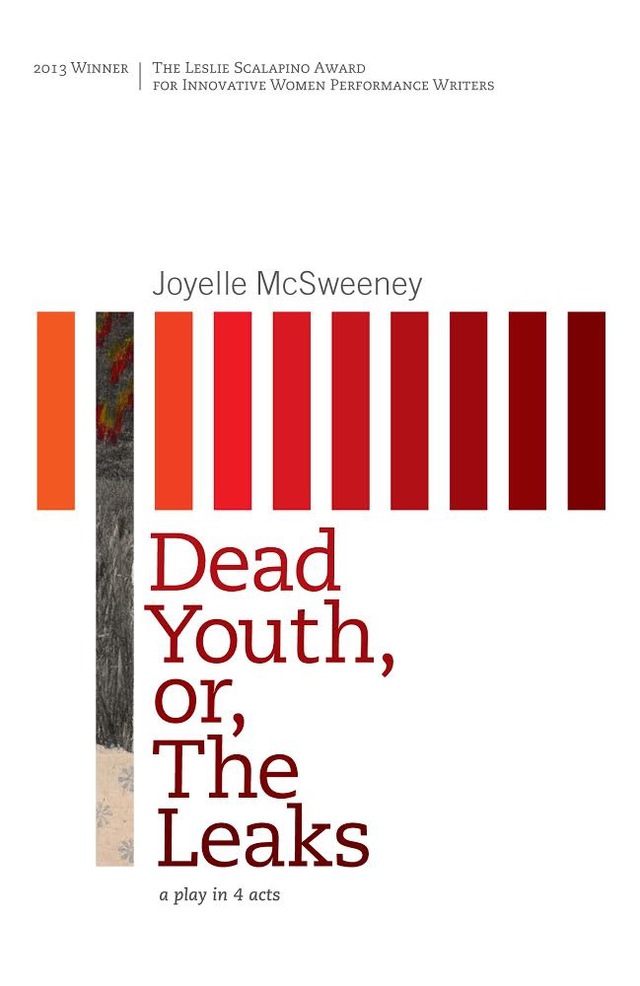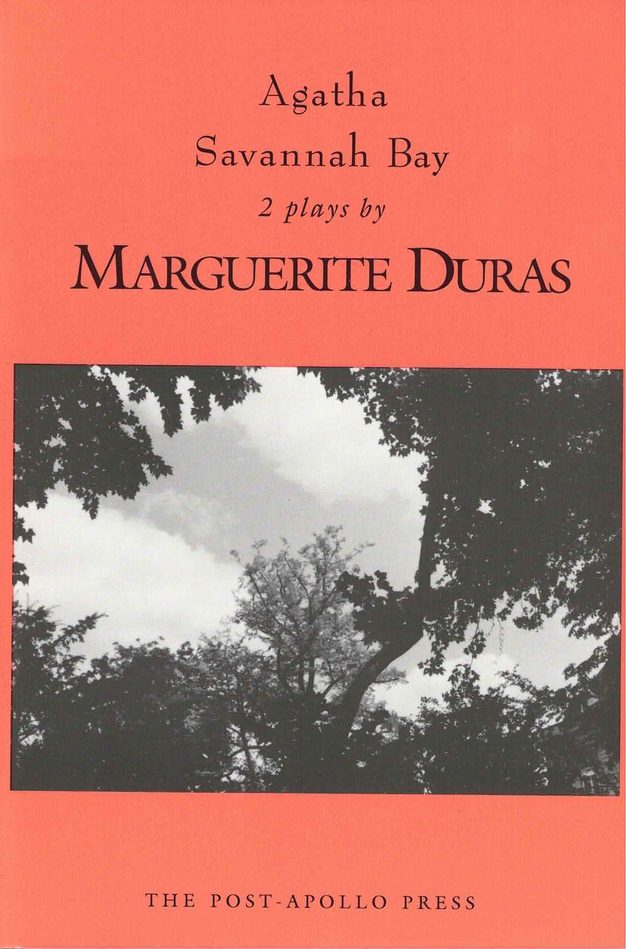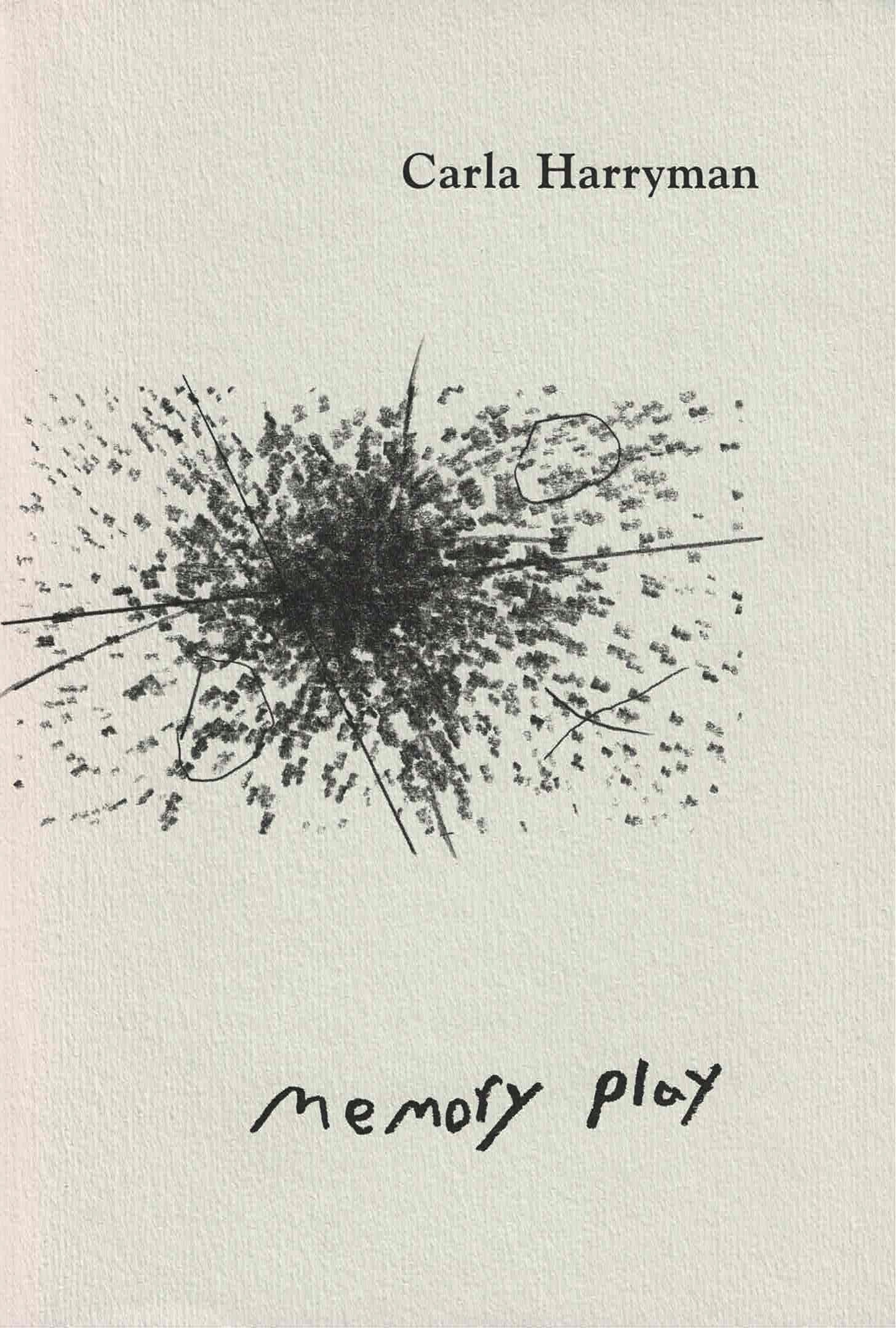Cold Heaven joins two plays, Sometimes Dead is Better, and Bye Bye Brunhilde, that have the dissonant, radical beauty of poetry. As Roy writes in her Introduction to the book: “Plays are porous, written to be entered… Plays provide a frame for studying collisions… Language can be an (uncontrollable) character, moving in on the others, creating a stir… [I]n a play… the private self disappears. Writing can move out into the dead zone between any two people and test what is there.”
Camille Roy
Praise for Cold Heaven
Bye-Bye Brunhilde is a gorgeously perverse valentine about two dykes, Fear and Technique. Fear says, “We’re compatible in a way. I like you and you like my looks.” Technique replies, “You’re right, I do like your looks.” Camille Roy has put a Lesbian spin on poet’s theatre. Her characters entirely embody their sexual give-and-take while, on another leve, their roles are dismantled by star-struck language. Sometimes Dead Is Better is a subversive family drama. The Red Queen, a psychotic assassin, returns on a mission to murder Philip Johnson, her modernist husband. She says, “I want the crack to crack.” It does in this “revenger’s tragedy” of cruel, metaphysical collapse.
— Robert Gluck
Not a play, but an exploding poem for two bodies by a bright new writer from the West Coast, Camille Roy.
— Eileen Myles
Imagine a Punch and Judy as lesbians whose domestic & sexual squabbles are paraded in the language of brilliant poets: these are Camille Roy’s Fear and Technique. A wonderful play. Roy’s second play is a fascinating read into an imaginary realm that thrives on a distorted association between life and death. In it three dead queens’ maniacal vitality uses the aging Philip JOhnson as a prop to demonstrate the play’s perverse and even perversely optimistic thesis expressed in its title: Sometimes Dead Is Better.
— Carla Harryman
…Strange, sexy and abstract.
— Lynne Tillman




